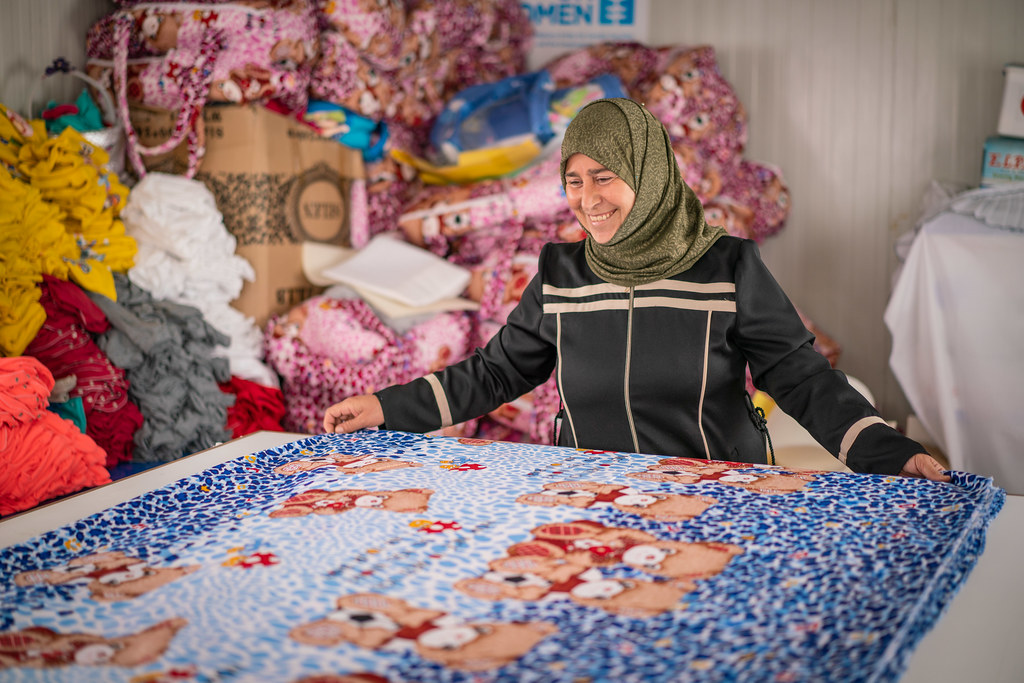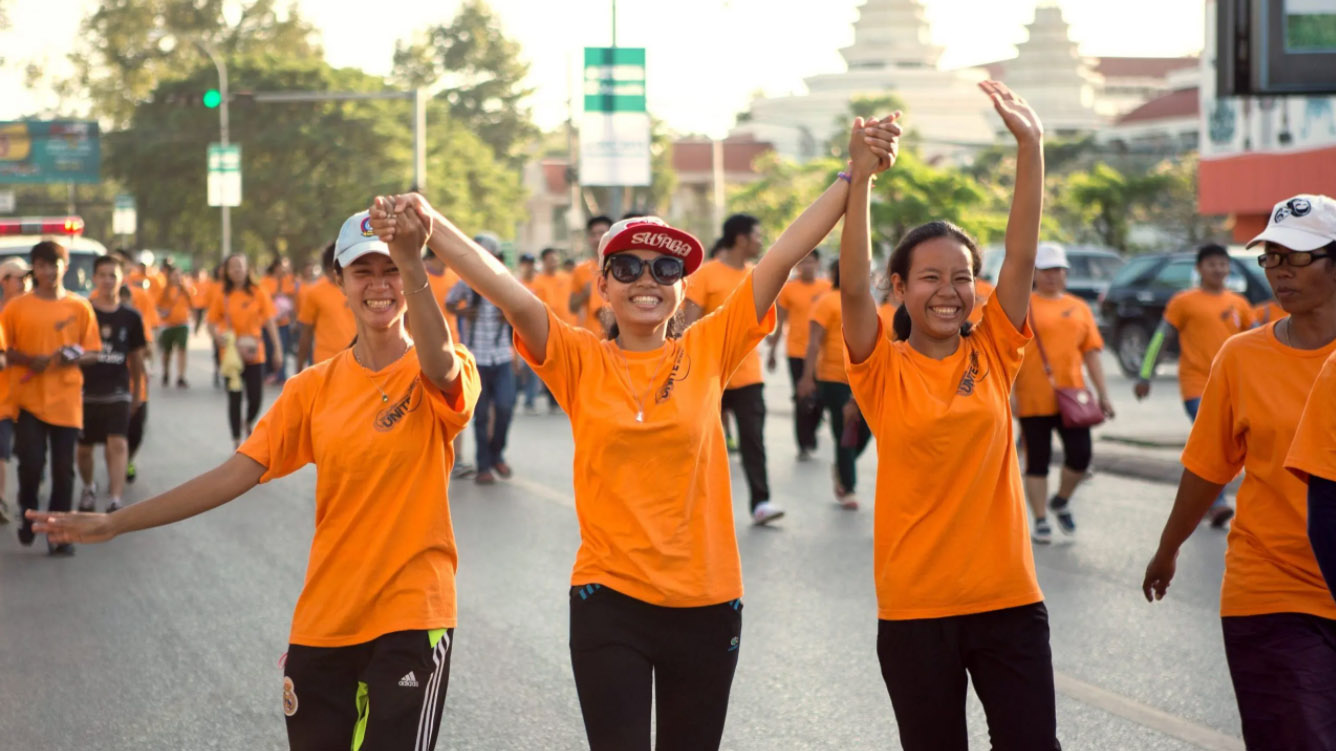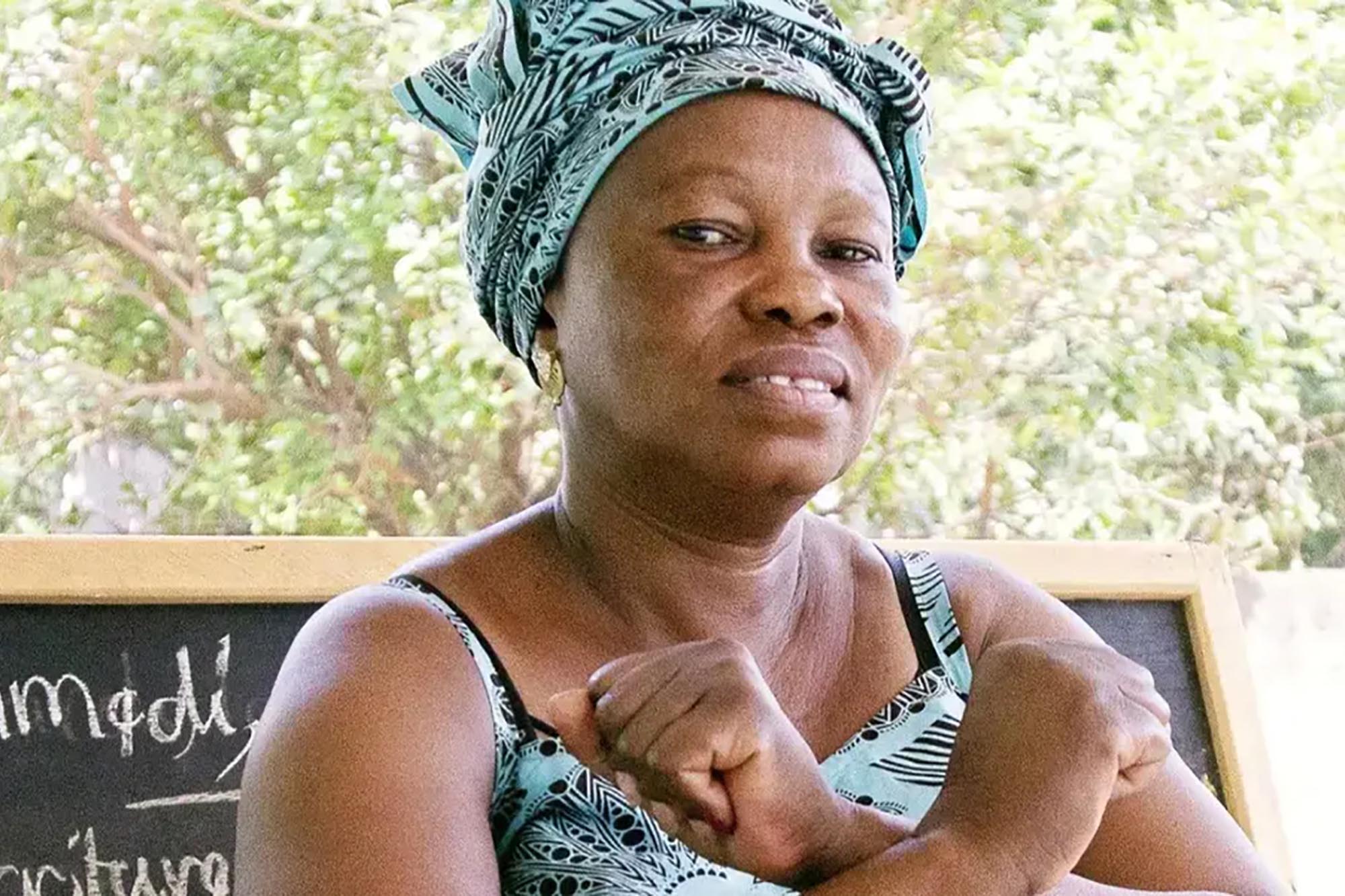“You know, what am I doing every day for human beings, particularly those who are in, you know, a much more challenging situation, we need to support their courage, their resilience, their need to survive...and their rights.”
With her background in human rights law, Georgette Gagnon was once said to represent the conscience of war. Currently serving as the Secretary-General’s Deputy Special Representative for Afghanistan, she has been devastated by the sweeping loss of rights for women and girls there.
“You used to see across the country hundreds of girls going to school... Now, of course, you don't see that, and it's heartbreaking. It's such a huge loss for the entire society,” she says.
Afghanistan has one of the highest numbers of people in need of humanitarian support, and drastic cuts to humanitarian assistance affect access to critical care for millions. In this episode, Georgette Gagnon shares her hopes and fears for a country close to her heart, and reflects on a career serving in some of the world’s toughest places, from Syria to Sudan and Libya.
Photo: ©UN photo/UNAMA/Tahmina Osta











